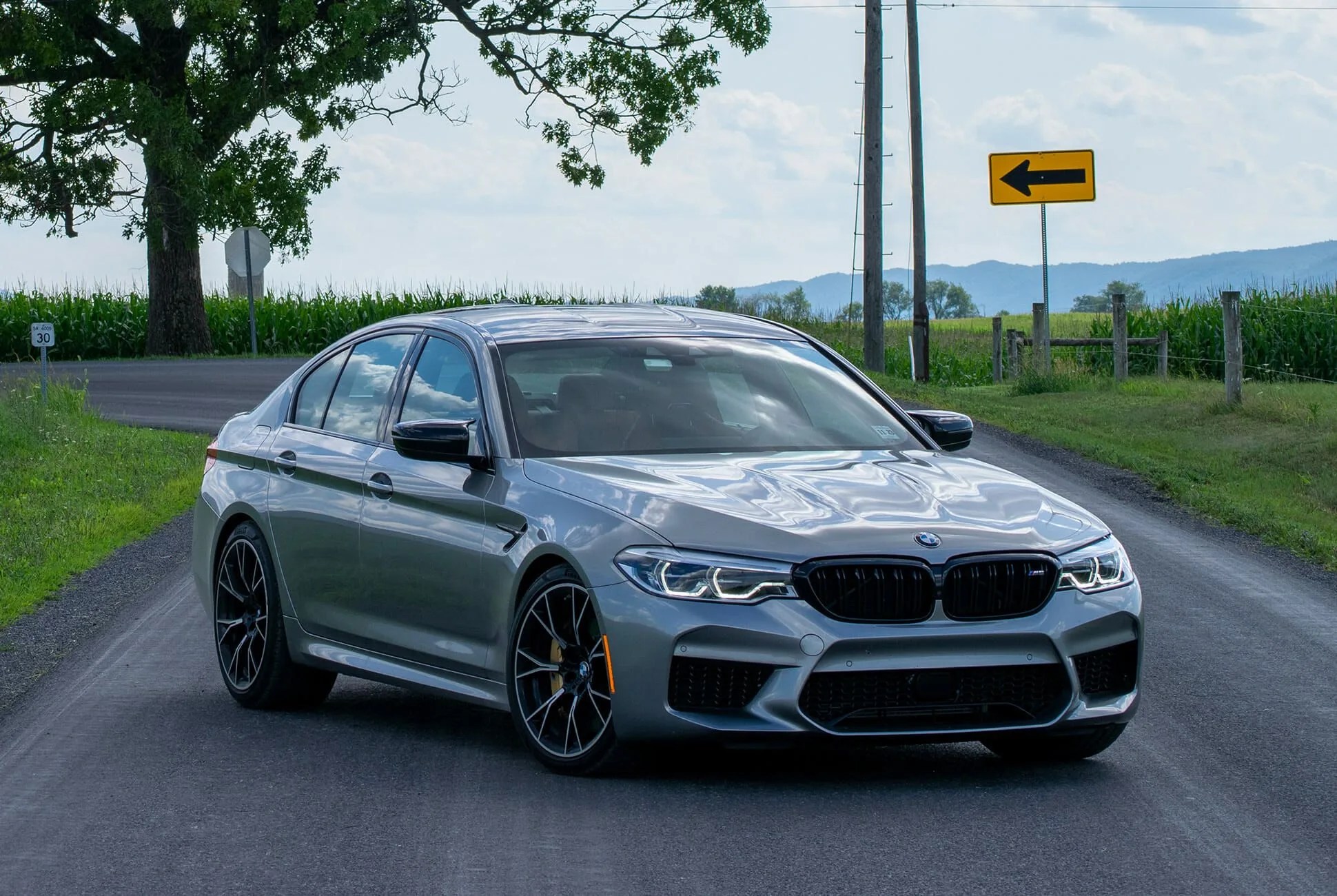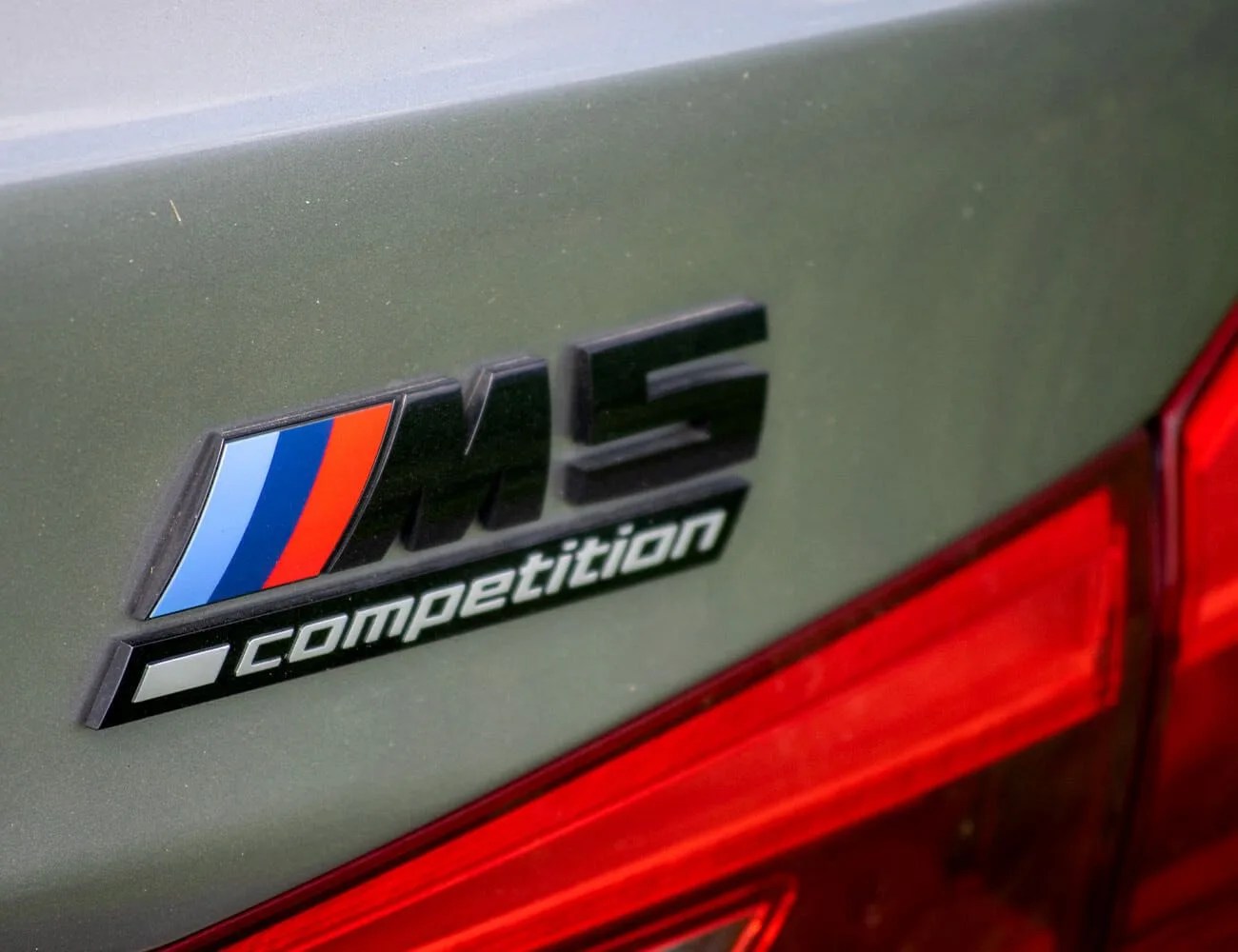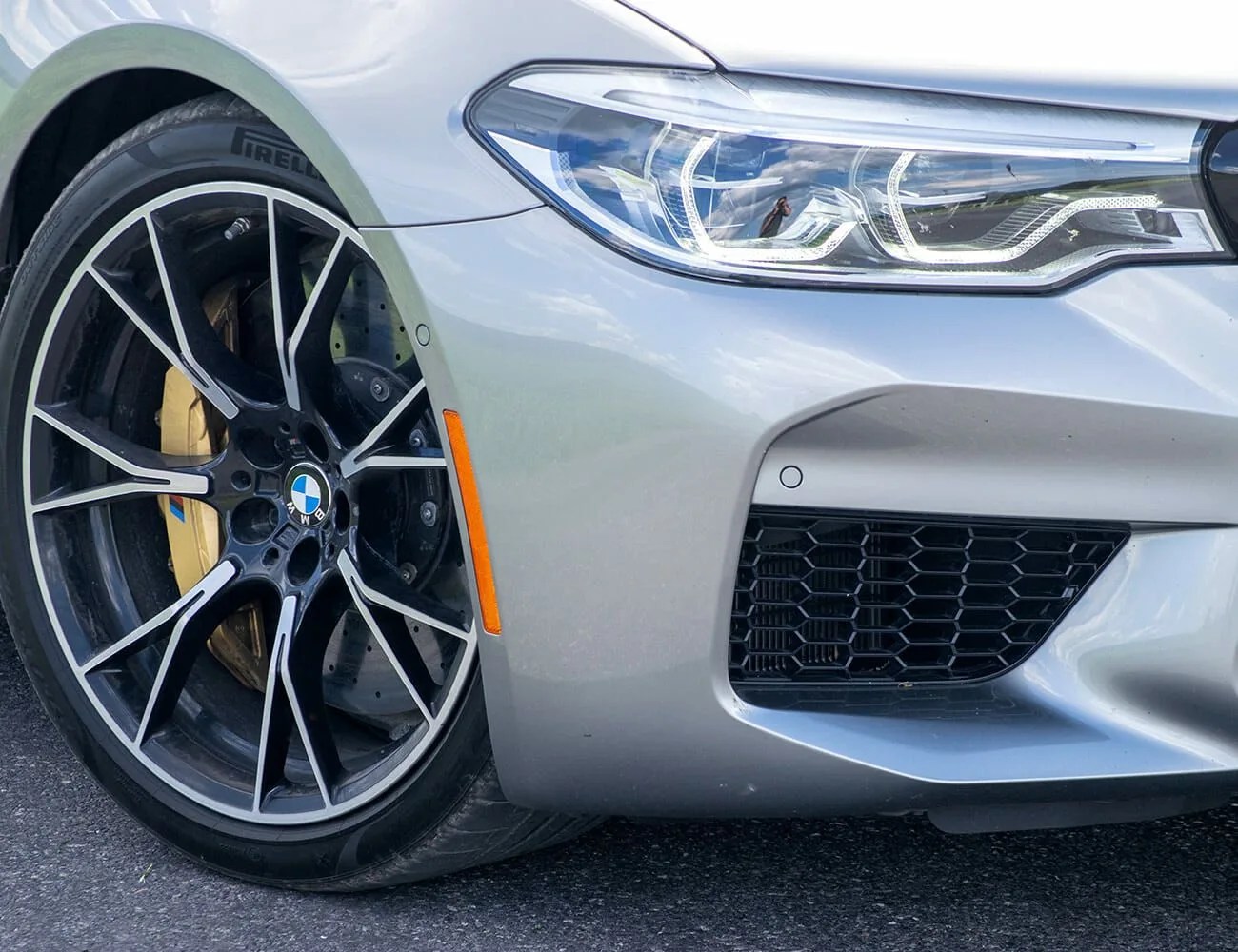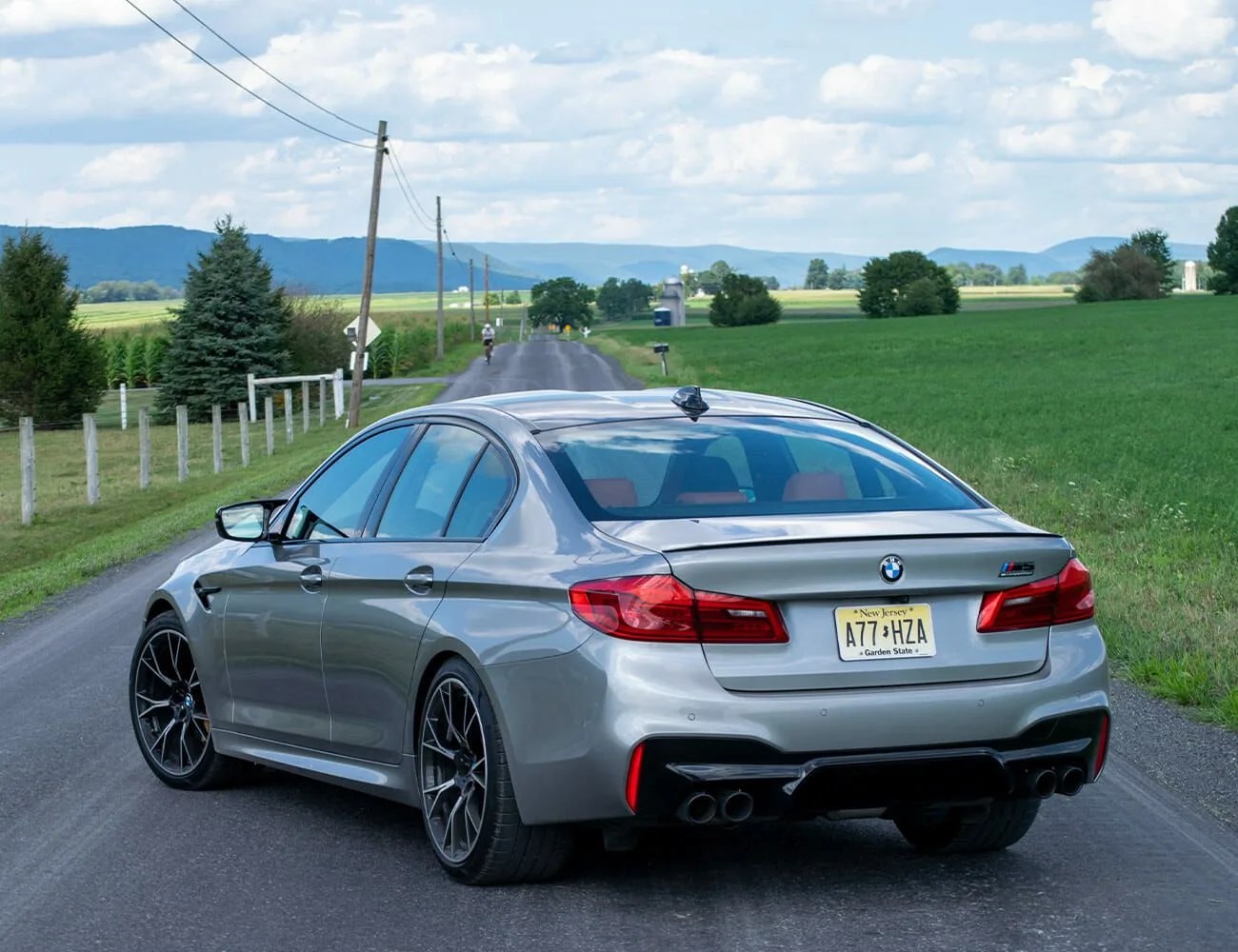Once upon a time, the list of sport sedans began and ended with one car: the BMW M5.
Sure, there were other fast four-doors; those dated back to the days of Duesenberg and Dillinger. But back in 1984, apart from a handful of limited-run special editions rarer than hen’s teeth, the M5 was the only car that delivered true all-around sports car performance — not just straight-line speed, but powerful brakes and nimble, delightful handling — in a family car package.
Things done changed, as they say. These days, the ranks of true sport sedans number so large, you’d need to borrow fingers and toes from a friend or two to count them all. They range from as small as the Honda Civic Si to as large as the Mercedes-AMG S65, some packing engines that crank out more firepower than many supercars. And that’s not even counting the high-performance crossovers that have picked up the fast family car torch and taken it in increasingly physics-defying directions.
In the midst of all this chaos and competition, some might say the M5 lost some of its edge in recent years. With the E39 generation version practically canonized in enthusiasts’ eyes, any successor was liable to be looked upon skeptically, but the E60 M5 made things worse with its clunky single-clutch automated manual gearbox and awkward Chris Bangle design. But it least it was unique — a beast unlike any other on sale, thanks to the F1-inspired screamer of a V10 engine. Its F10 successor, in contrast, seemed all too ordinary by comparison; with a twin-turbo V8 in its engine bay and inoffensive corporate styling, it seemed more like a tuned-up regular 5 Series than the true bearer of the iconic badge.
When the sixth-gen version arrived in 2017, it seemed, well, somewhat same-same, an 11/10ths version of its immediate predecessor. It was a bit larger than its already-large forebear, and it still packed a twin-turbo V8; even worse, now it was connected to the same sort of ZF-sourced torque converter automatic found in almost every other Bimmer, and sent power to all four wheels. One glance at the car at the Gamescom video game convention (it was starring in a new version of Need For Speed), and it wasn’t hard to see this being the M5’s death knell.
But something delightful happened: It turned out it didn’t suck.
Early driving impressions were unexpectedly positive. Instrumented testing revealed it was quicker and more powerful than BMW said — quicker off the line than sports cars that cost two, three, four times as much. It started winning over cynics just as easily as it won comparisons against its key foes.




